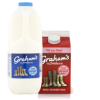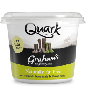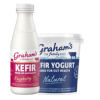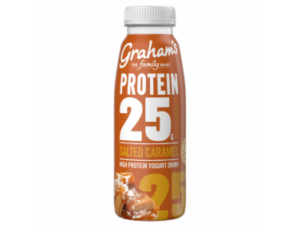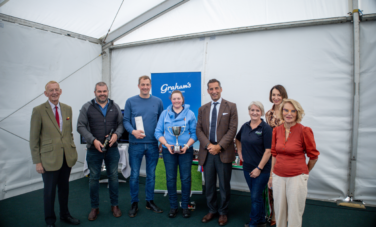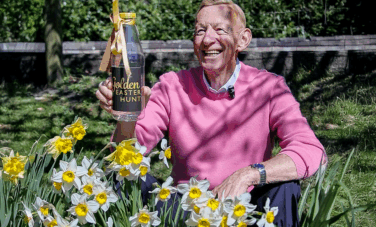
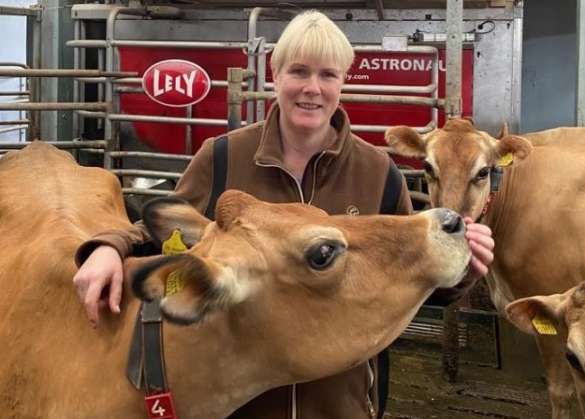
I live at Culter Haugh Farm, Biggar, South Lanarkshire with my husband Peter and Daughter Stephanie.
I’ve worked in agriculture for 40 years. I never came from a farming family, but we moved to a house on a dairy farm in Kirknewton when I was twelve years old, I instantly fell in love with the cows on the farm.
I had a pony but no stable, so started working at weekends on the farm milking the cows and after school to pay for accommodation for my pony. From then on I knew I wanted to work with cows for the rest of my life. I left school in Edinburgh as soon as I could and was accepted for a Diploma in Agriculture at East of Scotland College which I successfully completed.
I knew I wanted to work with cows for the rest of my life…
" The part I find most rewarding is when a calf you have AI’d and reared yourself, calves and enters the herd. I feel a great sense of achievement that I’ve been through that journey with her."
I started my working career as a calf rearer at Crichton Royal Farm in Dumfries, I then worked on various farms as a dairy person.
I began working at Kingsbeck Jerseys in December 2015, this was a new start up for Jon McCosh. 210 Jerseys were imported from Denmark to be milked on three Lely robots and the milk sold to Grahams the Family Dairy. We now rear our own replacements and are milking 185 cows a month, all year round calving.
My average day starts at 6.30am by checking the robot computer to see what the cows have been up to during the night and to collect the cows who are on the late milking list. Next I feed the calves and other young stock. The feeder wagon feeds the cows at 8am, during this time we scrape down beds and refill with sawdust. Late morning is spent drying off cows, AI (artificially inseminated) cows, attending to robots, working with young stock and pregnancy diagnosis for cows with the vet.
Afternoons are spent attending to paper work, ordering feed, passports, pedigrees and cow records. Late afternoons are spent back collecting cows, feeding calves, cleaning beds and washing up. The cow’s bedtime is about 9pm, I do a night time check; collect cows on late list, clean beds and make sure everyone is settled for the night. If any cows are looking like calving I will come back and check them later on at night.
Robots work 24 hours a day and during the night occasionally, they will phone me if there is a problem. I can fix a lot of issues but a major breakdown can involve calling out a Lely engineer who are on call 24/7.
I love my job. The part I find most rewarding is when a calf you have AI’d and reared yourself, calves and enters the herd. I feel a great sense of achievement that I’ve been through that journey with her.
The worst job I do on the farm is definitely paper work, I hate it with a passion. Being shut in the office is my worst nightmare, I am hands on and just want to be working with the animals.
I would recommend any female interested in going into agriculture to go to college first and get a good knowledge about farming and get as much practical experience as you can. The hours can be long and stressful. Social life is a minimal, you have to be enthusiastic and keen but I find that in the end the end the cows appreciate everything you do for them.



